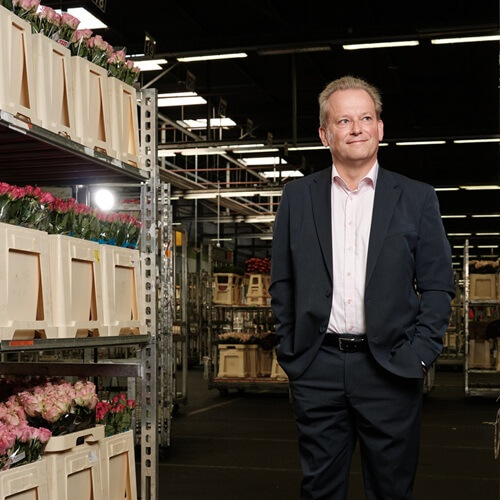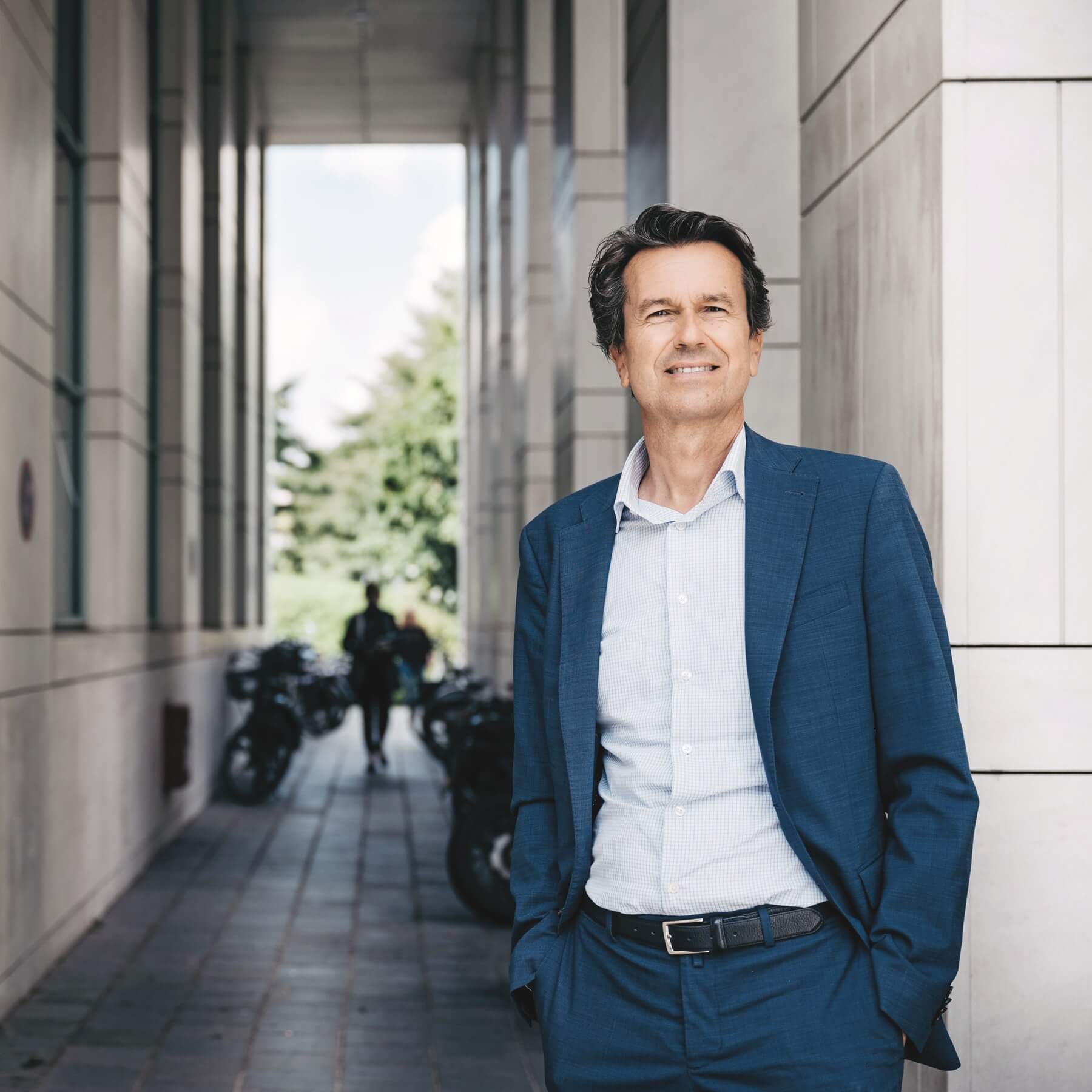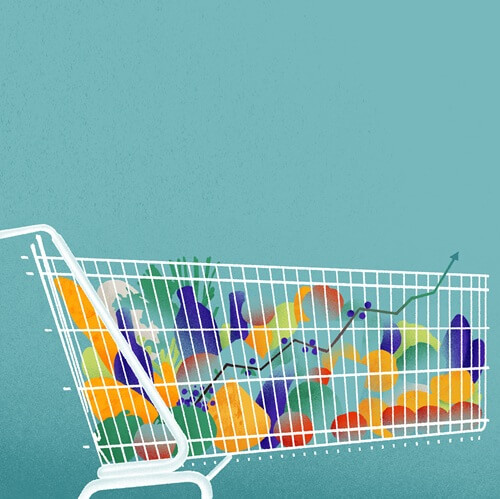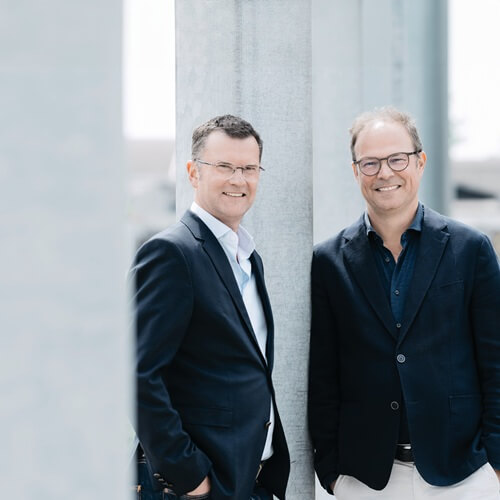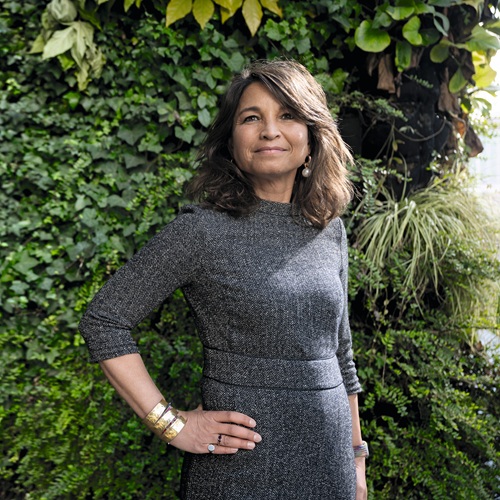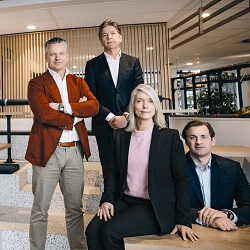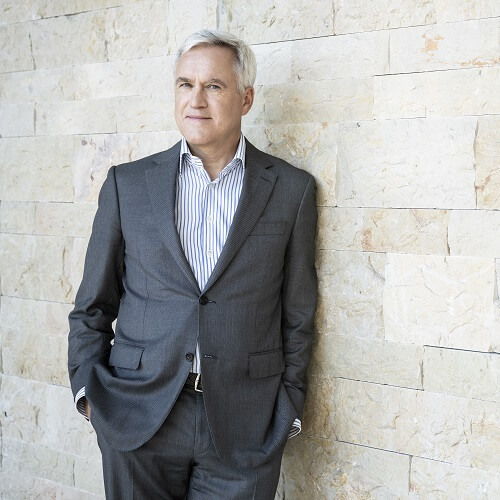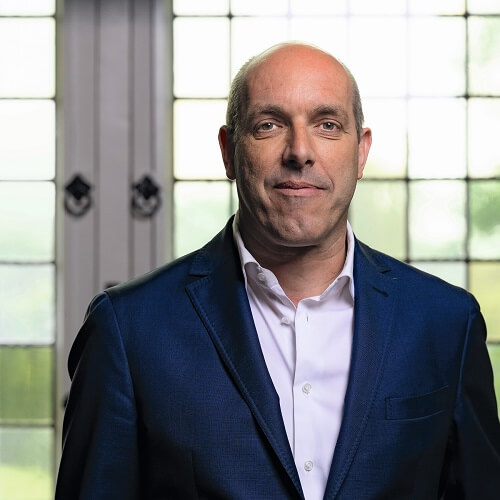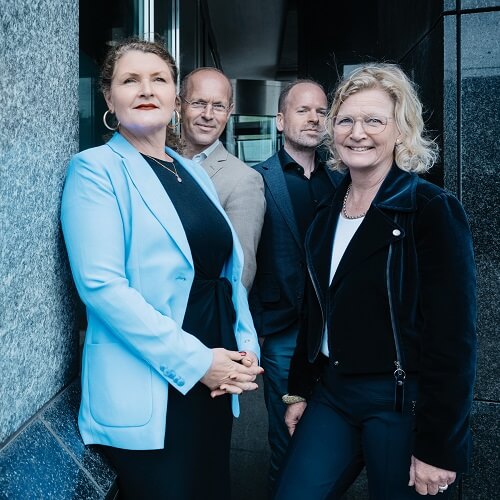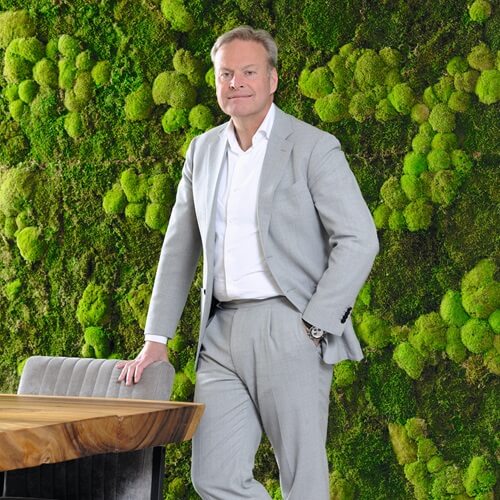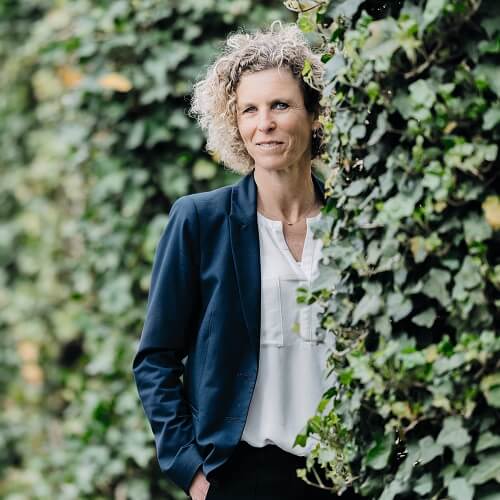Strategy and Innovation
‘Strategy and innovation’ is the heading of this web page. It is a sensible heading, as the two terms are often mentioned in one breath. But why? A strategy is definitely not an example of an innovation and an innovation is not an example of a strategy.
The reason, obviously, is that a good strategy for the year 2020 always includes innovations. When it comes to the implementation of a modern strategy, there is a lot to innovate in the process of implementing the strategy to achieve the goal of the strategy at all (for example: turnover doubling or world domination).
It all sounds abstract and it is, so let's make it concrete. Consider an Internet platform like Facebook. If this company were to choose a new strategy, you know that for the platform, the website, this would lead to dozens if not hundreds of adjustments and innovations. Innovations are then the solutions that have not yet been thought of.
How very different, by the way, innovation used to be. Back then, you thought of a product or a service, and you immediately came up with the idea how that product or service would be created. From A to Z, it was a sophisticated process. Nowadays, it is a matter of experimenting, of trial and error.
Does this trial and error also apply to strategies? At least in new business development, which is often the most adventurous side of a strategy, failure has become acceptable. At least, if failure means that from failure you move on to success. Because when it comes to strategies, times are merciless. Organizations that do not have a strong strategy and corresponding plan risk being quickly overtaken by competitors, old or new. There should be room for experimenting in this age of social innovation. But time is always limited – given that competitors are also feverishly trying to innovate. The objective these days is nearly always implementing digital transformation or a digital transition.
Disruptive innovation
With the advance of digitalization, strategies sometimes become such radically different concepts that they can disrupt entire sectors. This is called disruption and is the starting point for changing value chains. Disruptive innovations increasingly force companies to enhance and then maintain their agility. Agile organizations respond more easily and quickly to trends and developments in the market. Digitalization is nearly always at the heart of a new strategy, that much is clear. But there is more to it than that because our society is also changing radically in other ways. And finally, what about the effect of digital business processes and cloud computing, which facilitate working from home and support agile organizations?
Mission and Vision
In addition, consumers increasingly expect that companies and other organizations have a good story to tell: a story that pays attention to the environment, climate, stakeholders internationally and their own employees. Focusing on social impact is the overall theme, as it has also been named as an important theme by Management Scope, alongside diversity. Social impact usually comes down to sustainability, but socially acceptable policies, the ‘S’ of ESG (environmental, social & governance) are also becoming an increasingly important focus point for organizations.

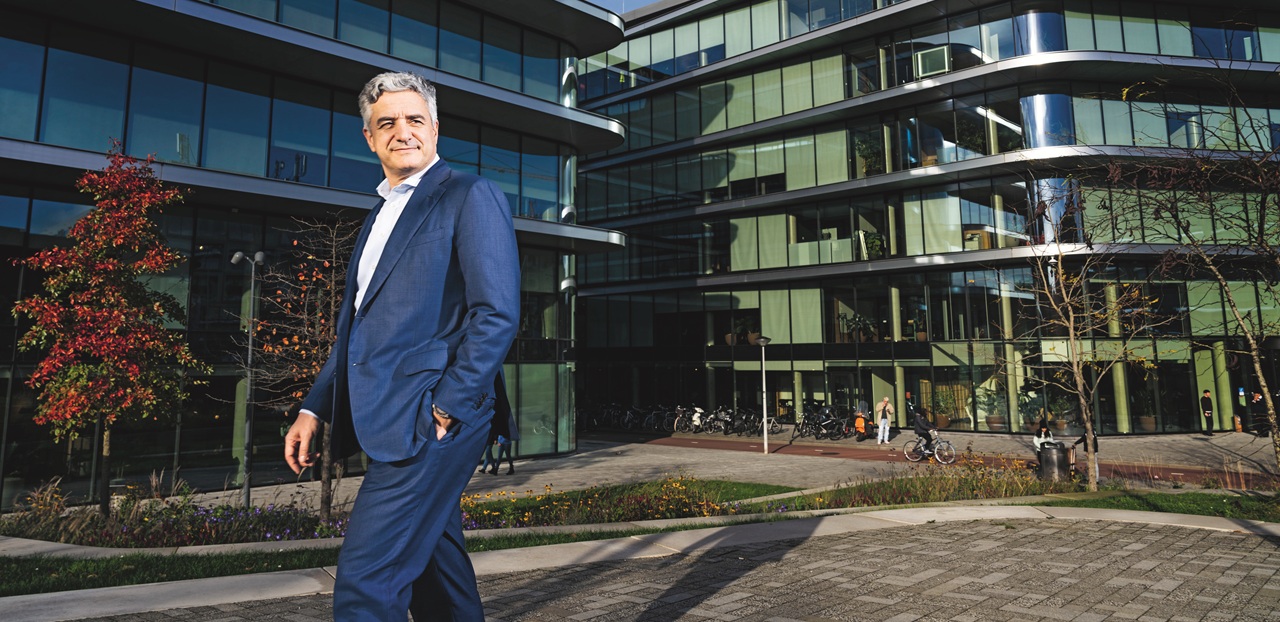
Daniele Tonella (ING): ‘Innovation is also about behavior and governance’
As chief technology officer and member of the management board banking at ING Bank, Daniele Tonella is responsible for the bank's entire IT landscape, with its nearly twenty thousand employees. His mandate covers everything within the organization ‘that contains a chip or line of code’, as he puts it. Tonella discusses his concerns about knowledge development and how technology and organizational development are becoming increasingly intertwined. ‘ING's digital transformation is more a challenge in terms of organization, culture, and governance than a technology issue.’
Read moreThe further development of (critical) infrastructure will determine the Netherlands’ position as a hub in the European economy. A question on what strategic choices the country therefore urgently needs to make for the near and distant future is discussed during a round table. Plus, what the mainports themselves can do to remain strategically relevant. ‘We are simply going to invest ten billion. Period. Legal certainty or no legal certainty.’
The security requirements for network and information systems in essential sectors are becoming stricter. Where compliance previously felt like a technical or legal exercise, the responsibility now undeniably lies with management. What impact will the NIS2 directive have? And how can organizations ensure resilience and continuity? We ask three insiders who are familiar with the risks of cybercrime. According to them, NIS2 is not a checklist, but an opportunity to structurally embed resilience, responsibility, and strategic leadership in business operations. ‘Do not have the focus on compliance.’
Critical infrastructure: ‘A little more of that can-do mentality, and it will be possible’
The further development of (critical) infrastructure will determine the Netherlands’ position as a hub in the European economy. A question on what strategic choices the country therefore urgently needs to make for the near and distant future is discussed during a round table. Plus, what the mainports themselves can do to remain strategically relevant. ‘We are simply going to invest ten billion. Period. Legal certainty or no legal certainty.’
‘NIS2 is an enabler, not a checkbox process’
The security requirements for network and information systems in essential sectors are becoming stricter. Where compliance previously felt like a technical or legal exercise, the responsibility now undeniably lies with management. What impact will the NIS2 directive have? And how can organizations ensure resilience and continuity? We ask three insiders who are familiar with the risks of cybercrime. According to them, NIS2 is not a checklist, but an opportunity to structurally embed resilience, responsibility, and strategic leadership in business operations. ‘Do not have the focus on compliance.’
The energy transition is fully underway, but directors and supervisory board members do not have all their questions answered. How to make an informed choice from the complex range of sustainable alternatives to fossil energy, or, which technological leaps are in fact unavoidable? In the Netherlands, energy company Vattenfall focuses primarily on the shift from fossil fuels to green electricity, utilizing various technological solutions to assist industrial companies in becoming more sustainable. The solution lies in a combination of flexible energy use and a differentiated approach, write Boudewijn Tjeertes and Maurice Vlek.
KPN is Management Scope's new knowledge partner in the areas of cybersecurity, digital resilience and chain digitization. Executive director Chantal Vergouw is responsible for the business market. She is optimistic but also realistic about the digital future of business. ‘Research shows that a quarter of medium and large Dutch organizations are still poorly prepared for serious cyber threats. Through innovation and collaboration, we can continue to make progress.’
Better cooperation in the chain, innovation and consistent European policy are needed to accelerate the sustainable food transition, according to the experts from Corbion, Unilever and Ahold Delhaize at our roundtable. They know better than anyone that interventions are needed to create a resilient, agile European food chain. Their own role when facing huge challenges such as reducing emissions at partners in the chain, often comes down to advancing one small step at a time. ‘Sometimes you have to start small and simply keep moving forward.’
Industrial sustainability requires a differentiated approach
The energy transition is fully underway, but directors and supervisory board members do not have all their questions answered. How to make an informed choice from the complex range of sustainable alternatives to fossil energy, or, which technological leaps are in fact unavoidable? In the Netherlands, energy company Vattenfall focuses primarily on the shift from fossil fuels to green electricity, utilizing various technological solutions to assist industrial companies in becoming more sustainable. The solution lies in a combination of flexible energy use and a differentiated approach, write Boudewijn Tjeertes and Maurice Vlek.
Chantal Vergouw (KPN): ‘Still much to be gained with digital resilience’
KPN is Management Scope's new knowledge partner in the areas of cybersecurity, digital resilience and chain digitization. Executive director Chantal Vergouw is responsible for the business market. She is optimistic but also realistic about the digital future of business. ‘Research shows that a quarter of medium and large Dutch organizations are still poorly prepared for serious cyber threats. Through innovation and collaboration, we can continue to make progress.’
Interventions are needed for a resilient food chain
Better cooperation in the chain, innovation and consistent European policy are needed to accelerate the sustainable food transition, according to the experts from Corbion, Unilever and Ahold Delhaize at our roundtable. They know better than anyone that interventions are needed to create a resilient, agile European food chain. Their own role when facing huge challenges such as reducing emissions at partners in the chain, often comes down to advancing one small step at a time. ‘Sometimes you have to start small and simply keep moving forward.’
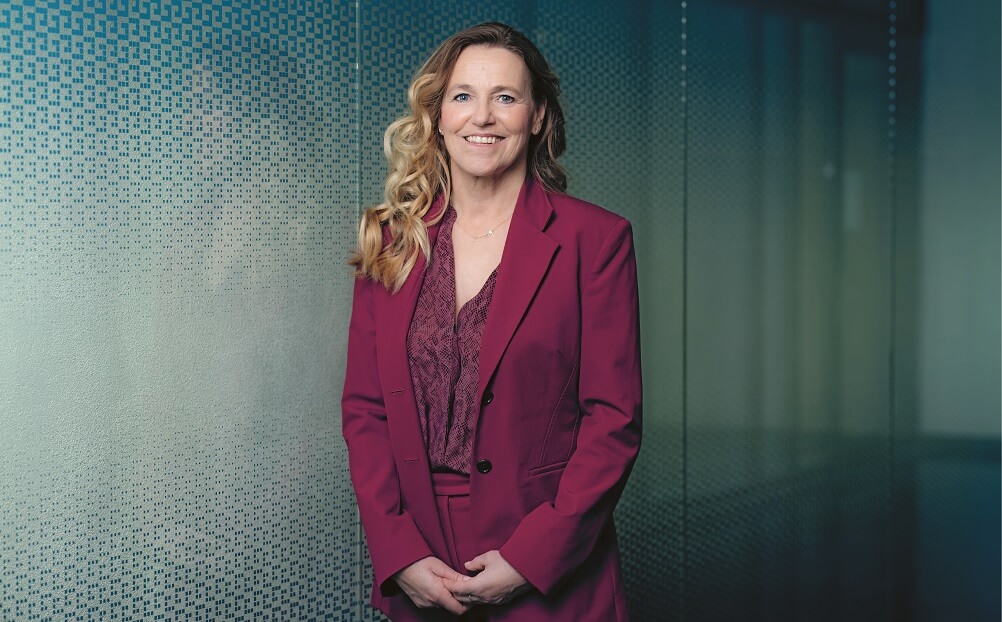
Willemien Terpstra (Gasunie): ‘Setting up new energy systems is the only way’
In 2025, hastening the energy transition is not only necessary to stop climate change. A green economy also strengthens Europe’s strategic autonomy. Under the leadership of Willemien Terpstra, Gasunie is building a future energy system. ‘We are at a tipping point, and we want to keep the industry on board.’
Read moreMost read

Frans Muller (Ahold Delhaize): ‘We Aim to Grow Faster Than the Market’
Under the leadership of CEO Frans Muller, Belgian supermarket chain Delhaize merged with the Dutch Ahold. Muller reflects with pride on that merger but is first and foremost focused on the future, as shown in the recently presented group strategy update.
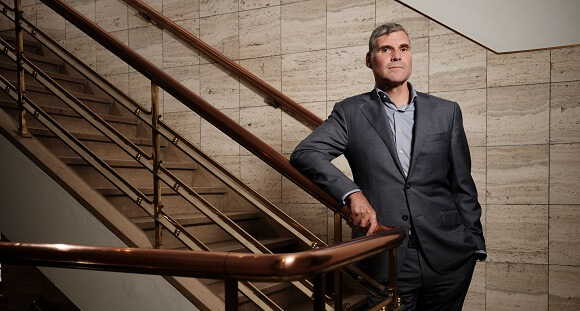
Harold Van Den Broek (Heineken): 'No Blank Cheques On ESG Designation'
Heineken's Chief Financial Officer, Harold van den Broek, is executing his strategic and sustainability agenda in a tumultuous climate of rising prices and pressured profit figures. According to the CFO, shareholder value creation will give way to stakeholder value creation.
Robert Otto (Achmea): 'I want to accelerate the growth of our international activities'
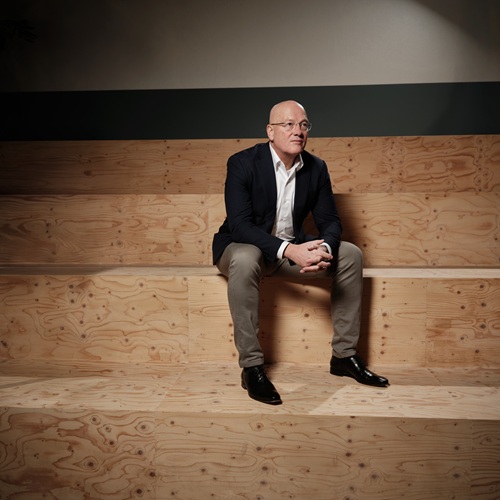

The world is not fully controllable, but public-private collaboration is
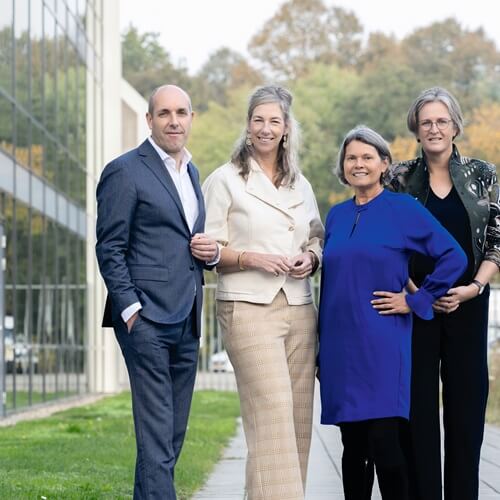
Heleen Cocu-Wassink, Trudy Onland and Mariëlle Vogt: 'We need to learn to experiment'
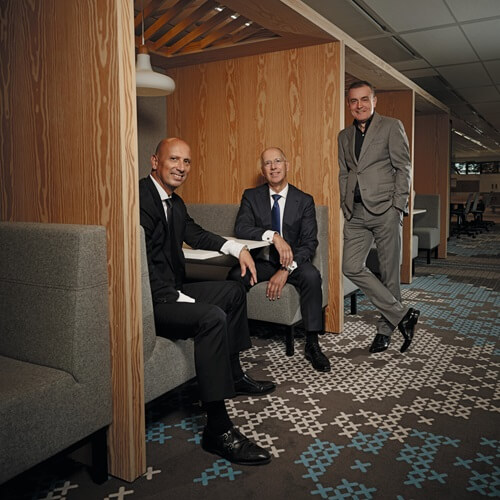
Ronald Paul and Tjark Tjin-A-Tsoi: ‘Do Not Nip Innovation in the Bud’
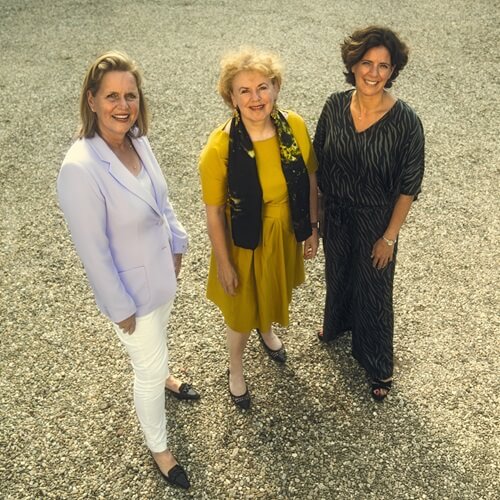
The Supervisory Director as Guardian of the Future
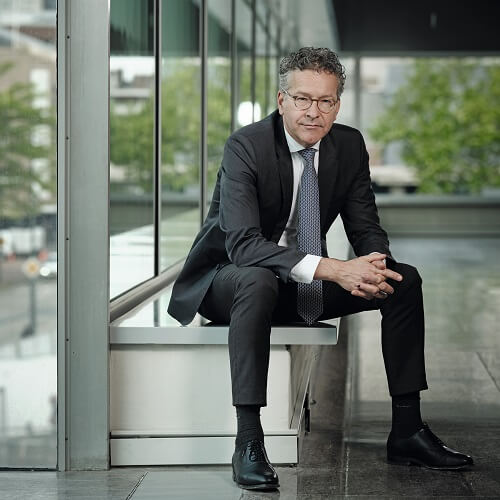
Jeroen Dijsselbloem (Mayor of Eindhoven): 'Pursuing Collaboration Opens Up Huge Opportunities'
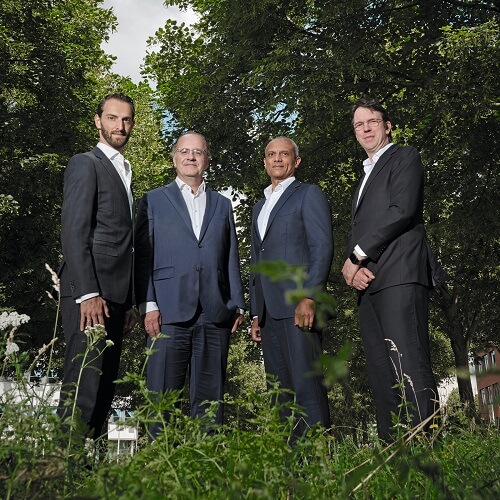
‘The Public-Private Partnership Has Evolved Into an Ecosystem’
For construction giant Royal BAM Group, sustainability is the key to market leadership. An important milestone has already been achieved in the Netherlands; halving its direct CO2 intensity since 2015 BAM Group's COO, Joost Nelis, shares how policy translates into a green reality and why the COO plays a prominent role in this transformation. ‘Becoming socially and financially sustainable starts with focusing on a solid foundation, followed by actual transformation and then expansion. It is up to the COO to maintain that balance.’
In AS Watson's supply chain, the trifecta of capacity, flexibility, and efficiency reign supreme. Supply Chain Director Yvette Heijwegen dedicates her days to fine-tuning the supply chain, recognizing the pivotal role it plays. Managing uncertainties is par for the course: ‘We realized that the technologies we need in the future were not yet ready for use. Therefore, we made a decision based on scenarios, mindful of technological adaptability.’
Joost Nelis (BAM Group): ‘We Aim to Be the Market Leader in Sustainable Construction’
For construction giant Royal BAM Group, sustainability is the key to market leadership. An important milestone has already been achieved in the Netherlands; halving its direct CO2 intensity since 2015 BAM Group's COO, Joost Nelis, shares how policy translates into a green reality and why the COO plays a prominent role in this transformation. ‘Becoming socially and financially sustainable starts with focusing on a solid foundation, followed by actual transformation and then expansion. It is up to the COO to maintain that balance.’
Yvette Heijwegen (AS Watson): ‘Decision-Making With a Focus on Technological Flexibility’
In AS Watson's supply chain, the trifecta of capacity, flexibility, and efficiency reign supreme. Supply Chain Director Yvette Heijwegen dedicates her days to fine-tuning the supply chain, recognizing the pivotal role it plays. Managing uncertainties is par for the course: ‘We realized that the technologies we need in the future were not yet ready for use. Therefore, we made a decision based on scenarios, mindful of technological adaptability.’
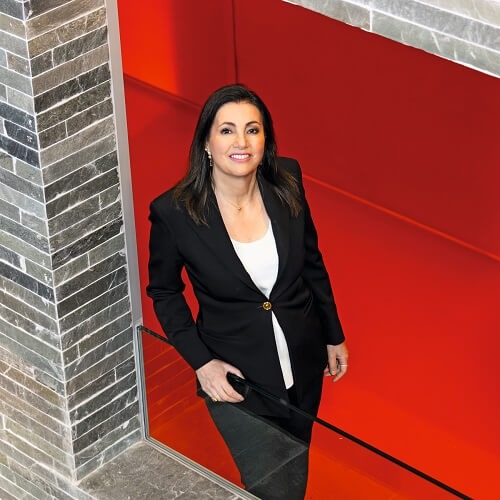
Kitty Koelemeijer: ‘Becoming Future-Proof? Address The Supply Chain’
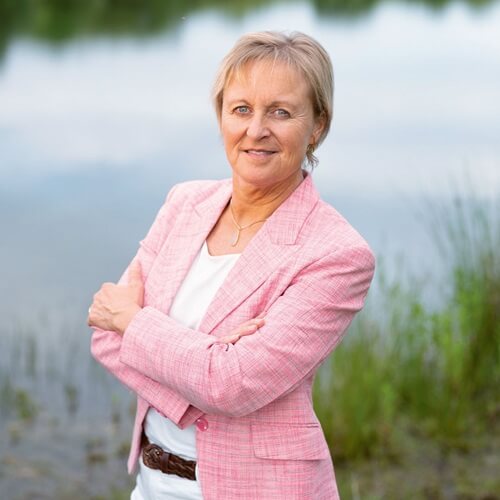
Gitte Kristiansen: ‘Absence Management Should Be on the Board Agenda’

Gerben Everts (VEB): ‘Do Not Let Financial Analysts Guide You’
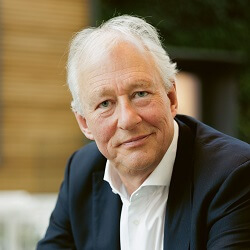
The First 100 Days as Supervisory Director at ASML
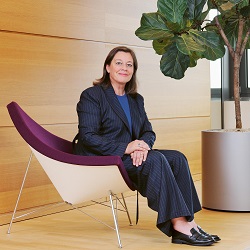
Dominique Hermans (Randstad): ‘Labor Must Go Circular Too’
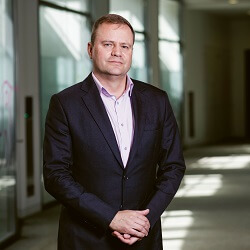

.jpg)

